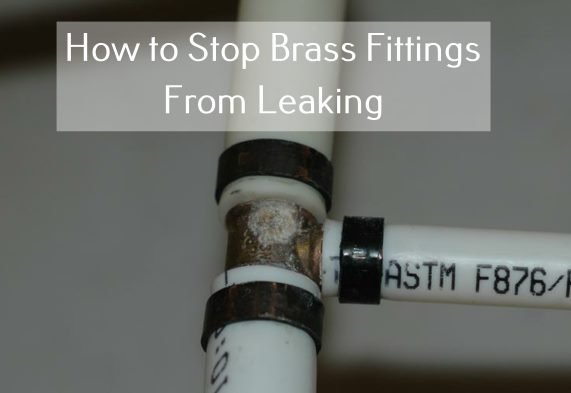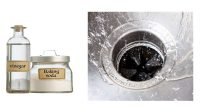Leakage on fittings and pipes may lead to many losses, such as wasting essential resources from nature, soaring up utility bills, and hazard on your property. Even though preventing a leak is the best method to apply, sometimes you cannot help for it to happen.
The provided guide below will tell you how to stop brass fittings from leaking in a proper step-by-step tutorial.
How to Stop Leakage on Your Brass and Copper Fittings
Compression fittings link most brass fittings to the pipe from copper material. The tool is comprised of a compression ring inside called ferrule and a compression nut on the outside.
You wouldn’t need sealant for the thread if you used compression fittings because it holds down the ferrule that sandwiched between the sealant nut and the pipe.

All you have to do to put leakage to stop is by tightening the compression nut carefully. An effective tool to use when sealing brass pipe fittings is using plumbing sealant, which helps with brass fittings leaking. Pay in mind that fitting replacement might be the only possible solution in some cases.
Here is the guide to stop brass fittings from leaking by using sealant :
- To begin the process, unscrew both of the threaded fittings, which bind together.
- After that, clean the grit and residual of the previous sealant in both of the threads. Use a towel to dry it after.
- Apply some pipe thread sealant on the male part of the thread.
- Screw both of the fitting together again securely. Using a towel, wipe on them to remove excessive thread sealant.
- Let the sealant dry entirely before you run water through it.
Leakage might be caused by a poor attempt at threaded fittings sealing. If you own a threaded copper fitting that’s leaking, the method on how to stop leaks on threaded copper fittings is pretty much similar to the brass one.
Also, instead of sealant, you can use thread Teflon tape instead. Again, it is important to note that you might need to replace the system for severely damaged fitting instead of using a sealant to fix the problem.
Whether it is a brass, copper, or plastic thread fitting, it can be damaged if the threading is not installed correctly. Many people wonder, can you over-tighten brass fittings, and the answer is yes, it is possible.
Over tightening the fitting and pipe present a damage risk. It is especially important not to overdo it once the fitting is threaded incorrectly because it leads to damage beyond repair. It’s always better to fix the thread fittings carefully without aggression.
However, it is also possible to not doing anything wrong but still have your fittings damaged. This problem usually occurs if they are defective or of low quality. You should replace and throw the broken fitting in case of encountering this situation.
Once you make sure that the fittings conditions are fine, you may apply the steps to stop brass fittings from leaking the tutorial above.


